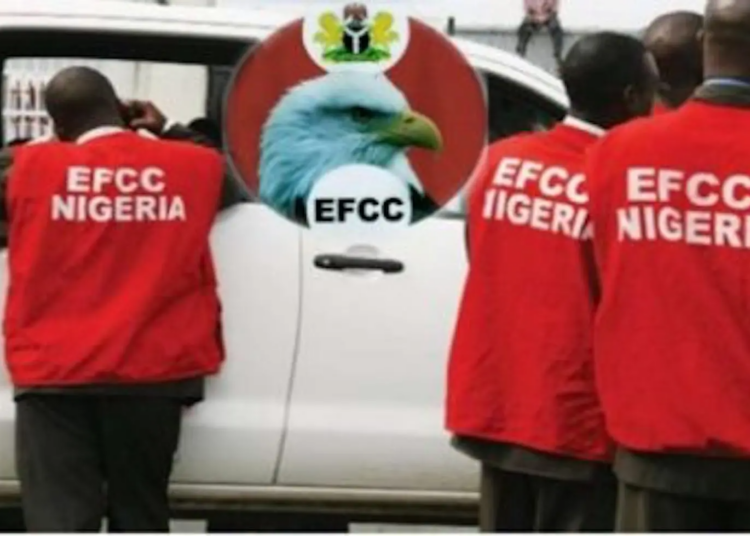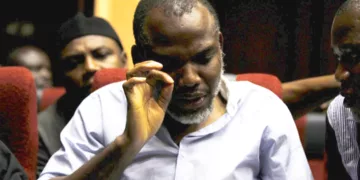Economic and Financial Crimes Commission (EFCC), in collaboration with the Nigerian Immigration Service (NIS) and the Nigerian Correctional Service (NCoS), has completed the deportation of 192 convicted foreigners. They were jailed by the Federal High Court in Lagos for cyberterrorism, internet fraud and related financial crimes.
Apart from sentencing the foreign nationals to various jail terms, the four judges who handle the cases — Justice Ayokunle Faji, Justice Dehinde Dipeolu, Justice Nicholas Osiagor, and Justice Chukwujekwu Aneke — had ordered that they be deported after serving their sentences.
The last 51 convicts were deported to their countries over the weekend.
The deportation exercise followed the arrest and successful prosecution of 759 suspects during a major sting operation conducted by the EFCC on December 10, 2024, at Oyin Jolayemi Street, Victoria Island, Lagos.
The first batch of 42 convicts, consisting of Chinese and Filipino nationals, was deported on August 15, 2025, while others were sent out of the country in August and September in line with the court orders and immigration procedures.
The deported convicts hailed from several countries, including China, the Philippines, Tunisia, Malaysia, Pakistan, Kyrgyzstan, and Timor-Leste.
All deported individuals received prison sentences after being arrested alongside their Nigerian accomplices, believed to be part of an advanced cybercrime and Ponzi scheme syndicate operating under the guise of Genting International Co. Limited.
The operation was based on credible intelligence and subsequent investigations, confirming that the convicted foreigners were involved in large-scale online fraud, identity theft, and cyber-enabled Ponzi schemes.
Evidence showed they were training recruits and managing fraudulent digital platforms designed to defraud victims locally and internationally. The Nigeria Immigration Service deported them as directed by the court.
The anti-graft agency had claimed that before the raid, the cybercrime syndicate had a large-scale operation involving cyber fraud and Ponzi schemes.
The charges against the convicts included using false identities online to defraud victims, training Genting International Co. Limited employees in fraudulent practices, and other offences under the Advance Fee Fraud and Other Related Offences Act of 2006.
The EFCC had stated that these charges reflect serious crimes aimed at undermining Nigeria’s security and financial integrity through cybercrime and fraud.





